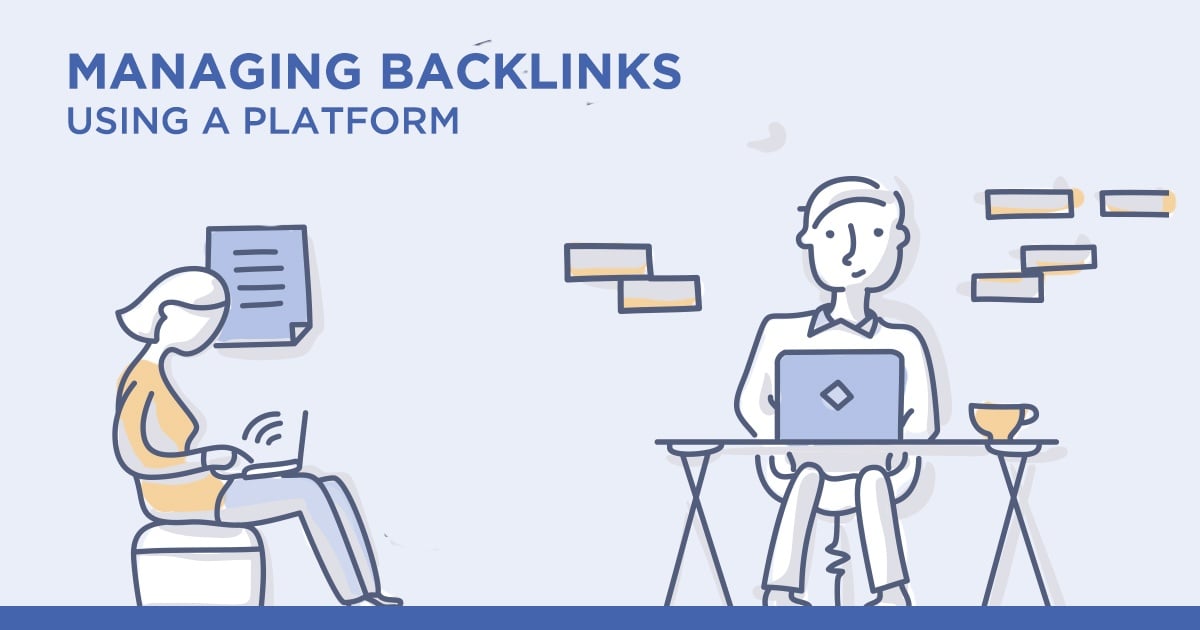Executives constantly look to keep costs in check. This is true at all times of the year, but especially when economic times are turbulent and discretionary spending is reviewed.
Leadership categorizes spending into one of three categories: non-critical, critical, and essential. It’s their job to be fiscally responsible and reduce downside risk, and it’s your job to prove that SEO must be thought of as an essential business function no matter the state of economic times.
We’ve pooled insights from our team that explain why SEO should not be disregarded or cut.
- SEO’s Connection to IT
- Delivering Company Messaging
- Analytics and a Source of Truth
- Enhanced User Experience
- Efficient Growth: Capture Market Share
Recommended Reading: Scared of Losing Organic Search Budget? Prove the Value of SEO to Leadership.
#1. Essential for Value Delivery: SEO’s Connection to IT
Leadership may not realize it, but SEO is connected to IT more so than advertising. Advertising can be cut, but IT and SEO will always be essential. Here’s why:
IT is needed to maintain a properly functioning website. After all, businesses get new customers and serve both them and the existing customers through their website. (This is even more so true when there are store closures, and the majority of business shifts to online.)
Because of this, IT will always be essential. So where does SEO come in? Well, this essential work involves maintaining and understanding SEO because it’s how most businesses acquire and serve customers. Customers travel by way of SEO.
Organic search is a huge driver to websites and therefore customers/new business. So, the two go hand-in-hand in acquiring and pleasing end users on the site, which makes both essential to business.
#2. Customer Communication and Support: SEO and Customer Messaging
A company’s messaging can have a huge impact on the bottom line and customer satisfaction. Since SEO shows how users search for information, a business can use this information to adjust company-wide messaging.
For example, in the wake of COVID-19, brands saw a rise in demand for the review of subscription status, how to save, how to buy differently, and cancellation policies. With so many questions (and in such a high volume) businesses quickly became overwhelmed and saw that a call center wasn’t the most efficient way to answer questions.
Because people use Google to find business information, SEO allows you to monitor that activity and adjust your messaging to serve the end user the information they need. This may be adjusting the meta description, title tags, content, overall site messaging, or Google posts. This greatly reduces customer service inquiries.
Or, you can implement the FAQ schema to show answers directly on the SERP to further cut the strain on customer service.
TIP: To stay knowledgeable on customer feedback and brand reputation, consider LocalClarity for your multi-location business.
#3. Essential Customer Metrics: Analytics and a Source of Truth
No business decision is made without ample evidence to back it up. That evidence is, for the most part, data and analytics reports that can quantify information. SEO is a big feeder into businesses’ analytics data: what the trends are, what’s growing, what needs attention, etc.
That’s why SEO is essential: you need to understand where the demand is; that means in terms of products, services, or geographical area. Then you can understand if you’re serving these customers correctly (and review if competitors are meeting their needs in a new way).
SEO information in analytics data is necessary to monitor this search experience of your users. If the data is telling a poor story, that means that something in your approach needs to change.
Actually, an SEO platform provides a single source of truth for companies to operate under; when everyone works from the data set you know that decisions are holistic.
Even a non-SEO can benefit from an SEO platform as a first-time software investment because a platform simplifies these data points and metrics, which are then used to develop growth in the company.
#4. User Experience
SEO goes far beyond the technical aspects of IT and data — at the high-level it’s essential for establishing a positive user experience, and therefore a positive brand reputation. There’s no room for friction in this process, as users will remember how their experience was and carry with them. SEO has the data and insights to understand customer needs and help them convert.
The best way to improve business is through improving the online experience and the website overall, and this is a part of search engine optimization.
Plus, boosting your search visibility is dependent on the user experience. See, Google (and other search engines) doesn’t just care about the user experience, they optimize for it. Google wants to send users to the web pages that have the best user experience because those sites are more likely to answer the users’ queries, and they make it easy for the user to expand out and easily find other relevant information on the site, too.
By concentrating on SEO - by concentrating on the things that we know Google cares about - you concentrate and improve upon the experience of your own users, which makes them reflect better on your business. — Mark Traphagen, Vice President - Product Marketing and Training
#5. Efficient Growth: Capture (and Keep) Market Share
SEO has a direct connection with a business’s ability to grow and capture market share. Companies that reduce spending or stop spending on organic search leave room for new innovators to take that market share. It’s for this reason that as companies look to cut spending and enhance their budgets, SEO must be seen as an essential business function.
Consider this proof: the majority of companies listed on the Forbes list of top 100 companies (as well as companies listed with most growth) have active SEO campaigns.
Overstock is one example of a company that invests more in organic search above all other marketing channels.
Zara is an example of a site that has the most aggressive growth over the last 5 years and has gone from being a mainly UK based company to being a global brand. Their focus on SEO has led them to be a worldwide leader in their space.
This leads us into the other benefit of SEO: global opportunity. Changes in the marketplace can lead to a more open world market as opposed to being restricted to a singular location. If your company has the ability to fulfill global order, it’s critical to invest in global SEO to spread your market share and tap into the global market.
Conclusion
When spending is audited and non-critical operations are cut, you can prove to leadership that SEO is about so much more than keywords and rankings. SEO is a driving force that allows your business to continue to successfully serve customers, which increases your business’s reputation and reach.
The world is full of marketing messages, which all try to capture customers and retain them over time. You need to use SEO to create and maintain visibility in a busy world — your company surely won’t forget it.
For further information on the importance of SEO, Google has put together a resource on their webmasters blog that showcases the value of SEO.
Looking to invest in a platform to help you scale your SEO efforts, making it an essential business function at your organization? Take a tour of our solution to understand how SEO is a driving force behind your organic growth.








2 Comments
Click here to read/write comments